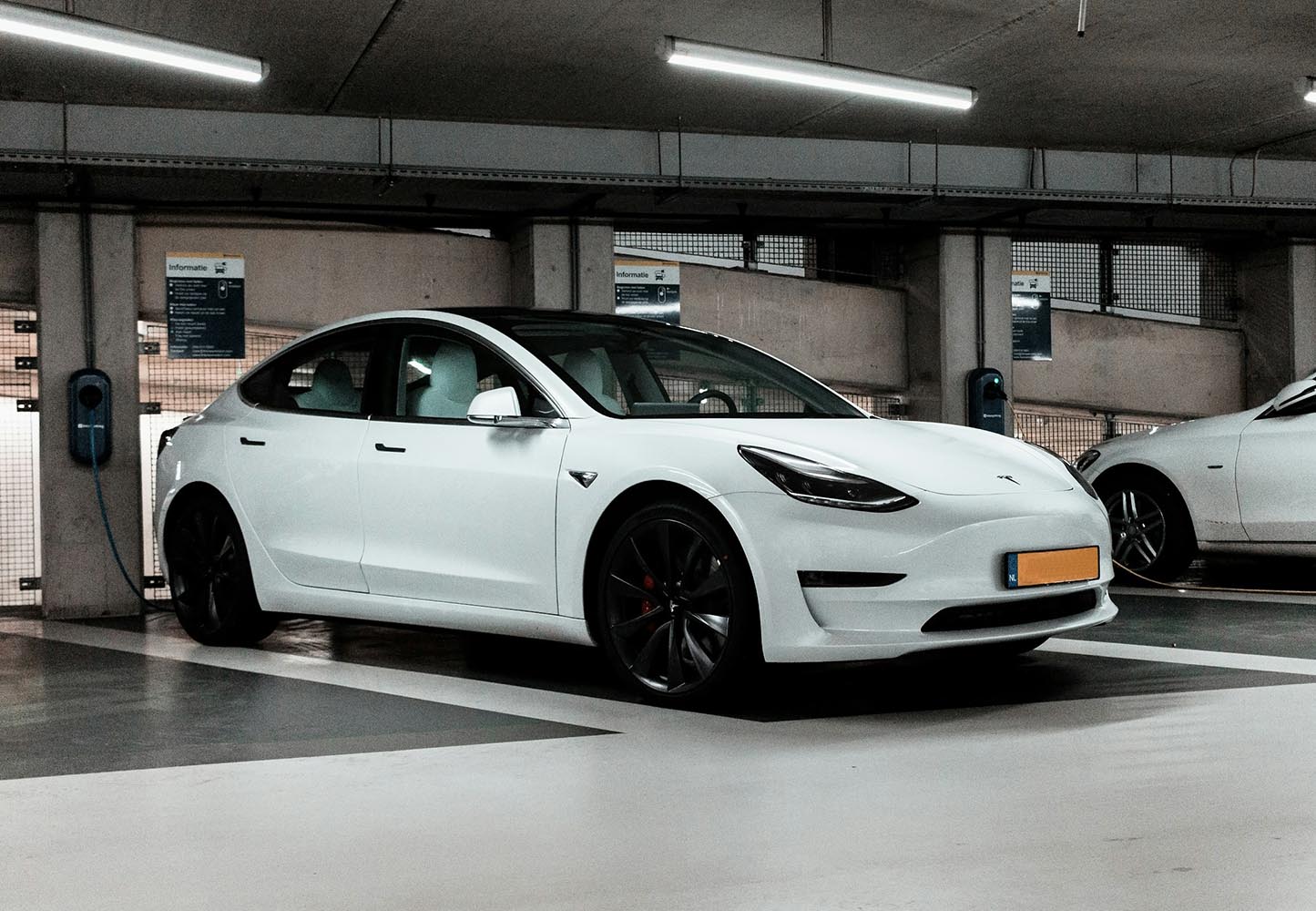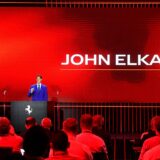
Consumer interest in EVs declines, J.D. Power finds
Consumer enthusiasm for electric vehicles (EVs) has waned, according to the J.D. Power 2024 U.S. Electric Vehicle Consideration (EVC) Study released on May 16. This marks the first decline in new-vehicle buyer consideration for EVs since the study began in 2021.
J.D. Power, based in Troy, Michigan, U.S.A., is a global leader in data analytics and consumer insights across various industries.
The study reveals a drop in the percentage of shoppers “very likely” to consider an EV, down from 26% in 2023 to 24% this year. Overall consideration has also decreased from 61% to 58%.
The main obstacles to EV adoption include the high cost of EVs, concerns about charging infrastructure, and a lack of consumer knowledge about EV incentives. Approximately 40% of shoppers report not fully understanding available incentives, which impacts their likelihood of considering an EV.
Younger buyers, specifically Gen Z and Gen Y, show a decreased likelihood of considering an EV, with a drop of 2 and 5 percentage points, respectively. Despite this, they remain the most likely among generational cohorts to consider EVs, with 24% of Gen Z and 32% of Gen Y indicating strong interest.
Among those unlikely to consider an EV, 52% cite the lack of charging stations as a major deterrent, an increase from last year. Other significant reasons include the high purchase price, limited driving range, lengthy charging times, and the inability to charge at home or work.
Longer commute times now negatively impact EV consideration. Only 24% of those with a 46-60 minute daily commute each way are “very likely” to consider an EV, a 13 percentage point drop from the previous year.
Households planning to add an additional vehicle show higher EV consideration at 68%, compared to 47% for those relying on a single vehicle.
Industry challenges
Stewart Stropp, executive director of EV Intelligence at J.D. Power, emphasises the need for consumer education on EV incentives and ownership benefits. “Prioritising initiatives to educate consumers about the EV proposition is vital to accelerating market growth,” he said.
The study also notes that lower fuel prices, high inflation, and interest rates, along with slower growth in EV model availability, contribute to the decline in consumer interest. Several automakers have postponed EV launches and shifted focus to hybrids and plug-in hybrids, limiting options for potential EV buyers.
Study details
The 2024 U.S. Electric Vehicle Consideration Study surveyed 8,179 consumers from January to April 2024. It serves as an industry benchmark, assessing EV consideration across various demographics, geographies, and psychographic profiles.
For more information on the study, visit J.D. Power Electric Vehicle Consideration Study.













